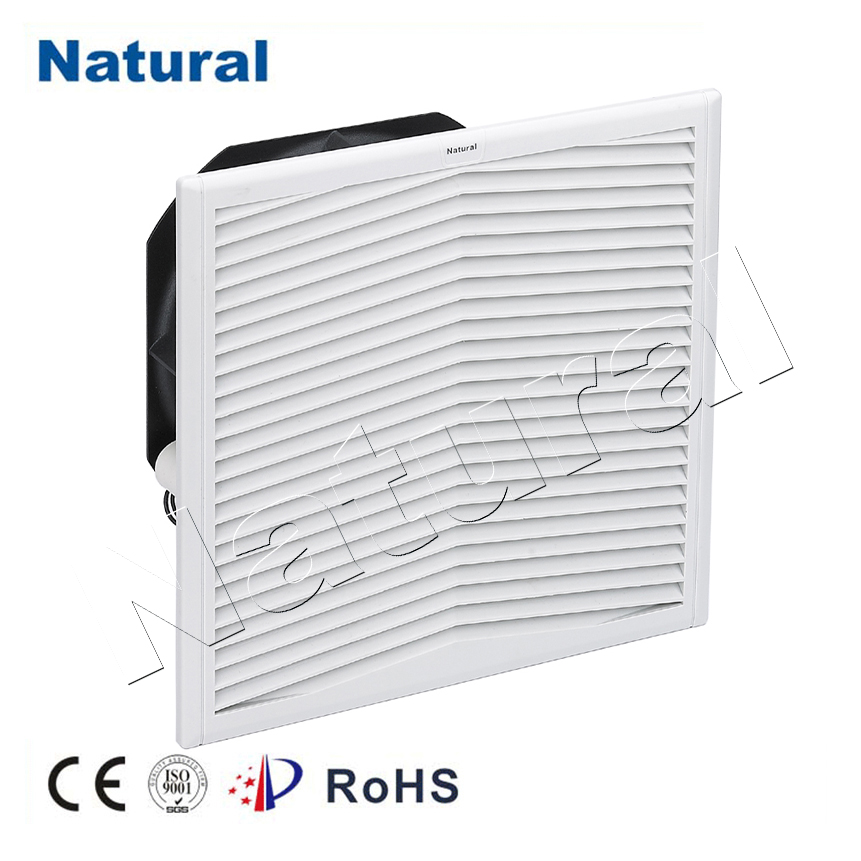Panel filters, also known as flat filters, are a fundamental component in the world of air filtration. These unassuming devices play a crucial role in maintaining indoor air quality and are essential in various industries and everyday applications. In this article, we will explore the versatility and efficiency of panel filters, shedding light on their design, functions, and significance in our daily lives.

Understanding Panel Filters Panel filters are mechanical air filters designed to capture airborne particles such as dust, pollen, pet dander, and other contaminants from the air. They consist of a flat or pleated filtering media enclosed in a frame, often made of cardboard, plastic, or metal. The design of panel filters allows them to be installed in various HVAC (Heating, Ventilation, and Air Conditioning) systems, air purifiers, and even automotive applications. Versatility in Application One of the standout features of panel filters is their versatility in application. They are commonly found in residential HVAC systems, where they help maintain a comfortable and healthy indoor environment. Panel filters are available in various sizes and thicknesses, making them compatible with most standard air handling units. This adaptability ensures that panel filters can be easily integrated into existing systems without significant modifications. Beyond homes, panel filters are widely used in commercial and industrial settings. They are vital components in cleanrooms, laboratories, and manufacturing facilities, where maintaining a sterile environment is essential. Panel filters also find their place in automotive air filtration systems, effectively preventing particulate matter from entering the vehicle cabin. Efficiency in Filtration The efficiency of panel filters is determined by their MERV (Minimum Efficiency Reporting Value) rating. A higher MERV rating indicates a greater capacity to capture smaller particles. Panel filters typically range from MERV 1 to MERV 16, with MERV 16 being the highest available rating for panel filters. The choice of MERV rating depends on the specific filtration requirements of the application. Panel filters are effective at removing not only particulate matter but also allergens and microorganisms from the air. This makes them crucial in spaces where air quality and cleanliness are of utmost importance, such as hospitals, laboratories, and food processing facilities. Maintenance and Replacement To ensure the continued efficiency of panel filters, regular maintenance and replacement are necessary. Over time, the filtering media can become clogged with captured particles, reducing their effectiveness. Most panel filters are disposable, and their replacement frequency depends on factors like usage, environmental conditions, and the chosen MERV rating. Environmental Considerations While panel filters provide essential air quality benefits, it’s essential to consider their environmental impact. Many panel filters are disposable, which can lead to a significant volume of waste. Some manufacturers are addressing this concern by producing washable and reusable panel filters, reducing their environmental footprint. Conclusion In conclusion, panel filters are unsung heroes when it comes to maintaining clean and healthy indoor air environments. Their adaptability, efficiency, and diverse applications make them indispensable in various settings, from residential homes to high-tech cleanrooms. Understanding the importance of regular maintenance and considering the environmental impact of disposable filters are crucial steps in ensuring that panel filters continue to play their vital role in preserving air quality and human health. Whether you’re at home, at work, or on the road, panel filters silently contribute to the quality of the air you breathe.